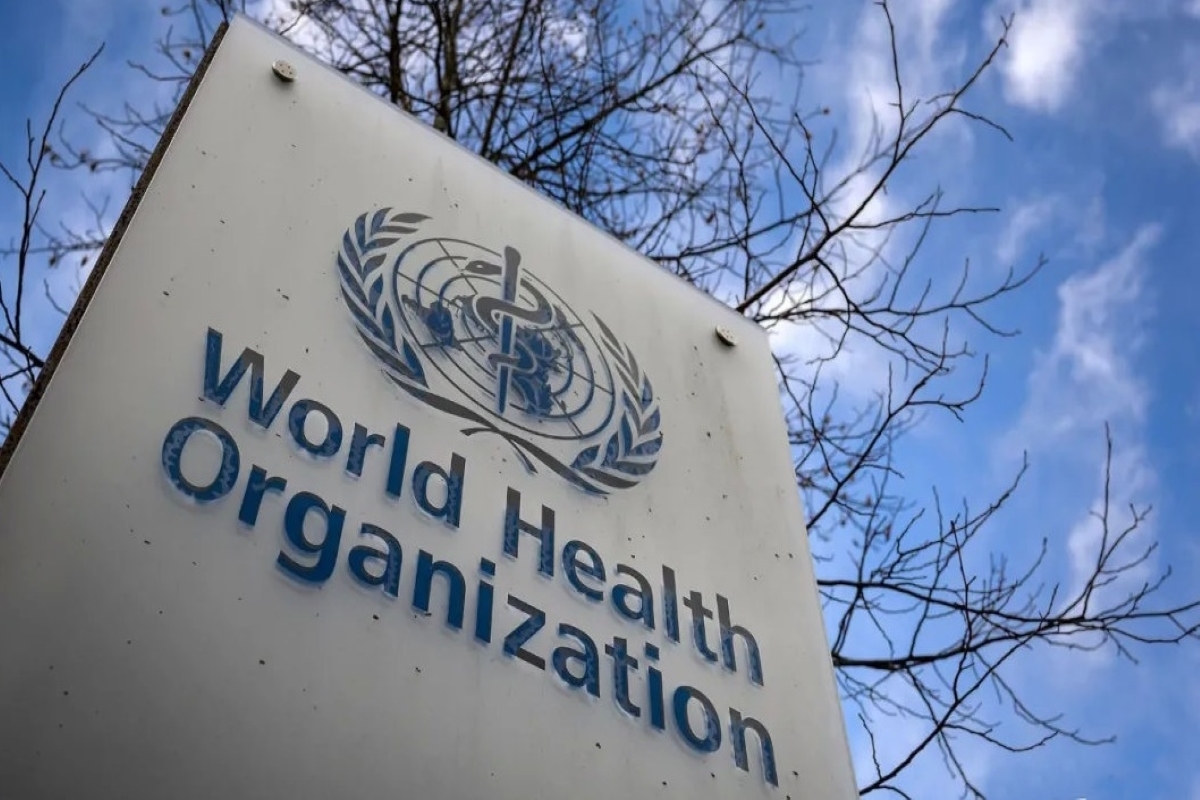Toxic Air
Air pollution in ten Indian cities assumed alarming proportions and was linked to deaths of 33,000 people every year between 2008 and 2019, a study published on 6 July 2024 in the Lancet Planetary Health Journal points out.
In its guidelines published on Friday, the WHO has called for countries to improve access to two lifesaving medicines against viral disease.

representational image (IANS)
The World Health Organization (WHO) has published its first guideline for Ebola virus disease therapeutics, with new strong recommendations for the use of two monoclonal antibodies.
In its guidelines published on Friday, the WHO has called for countries to improve access to two lifesaving medicines against viral disease. The recommendation follows a review and analysis of clinical trials for the monoclonal antibodies mAb114 (known as Ansuvimab or Ebanga) and REGN-EB3 (Inmazeb), which have demonstrated clear benefits for people who have tested positive for Ebola, which is often fatal.
The clinical trials were conducted during Ebola outbreaks. WHO said the largest trial was carried out in the Democratic Republic of the Congo, demonstrating that the highest level of scientific rigour can be applied even during Ebola outbreaks in difficult contexts.
Advertisement
The UN agency also provided recommendations regarding therapeutics that should not be used as treatments, which include ZMapp and remdesivir.
Ebola is a severe and too often fatal illness caused by the Ebola virus. Previous Ebola outbreaks and responses have shown that early diagnosis and treatment with optimized supportive care –with fluid and electrolyte repletion and treatment of symptoms–significantly improve survival.
“Now, following a systematic review and meta-analysis of randomized clinical trials of therapeutics for the disease, WHO has made strong recommendations for two monoclonal antibody treatments: mAb114 (Ansuvimab; Ebanga) and REGN-EB3 (Inmazeb),” the WHO said in a statement.
Developed according to WHO standards and methods for guidelines, and published simultaneously in English and French, the guidelines will support health care providers caring for patients with Ebola, and policymakers involved in outbreak preparedness and response.
According to WHO, the new guidance complements clinical care guidance that outlines the optimized supportive care Ebola patients should receive, from the relevant tests to administer, to managing pain, nutrition and co-infections, and other approaches that put the patient on the best path to recovery.
“This therapeutic guide is a critical tool to fight Ebola,” said Dr Richard Kojan, co-chair of the Guideline Development Group of experts selected by WHO and President of ALIMA, The Alliance for International Medical Action. “It will help reassure the communities, health care workers and patients, that this life-threatening disease can be treated thanks to effective drugs. From now on, people infected with the Ebola virus will have a greater chance of recovering if they seek care as early as possible. As with other infectious diseases, timeliness is key, and people should not hesitate to consult health workers as quickly as possible to ensure they receive the best care possible.”
Although WHO was able to make strong recommendations for the use of two therapeutics, the world health body said there is a need for further research and evaluation of clinical interventions, as many uncertainties remain.
Advertisement